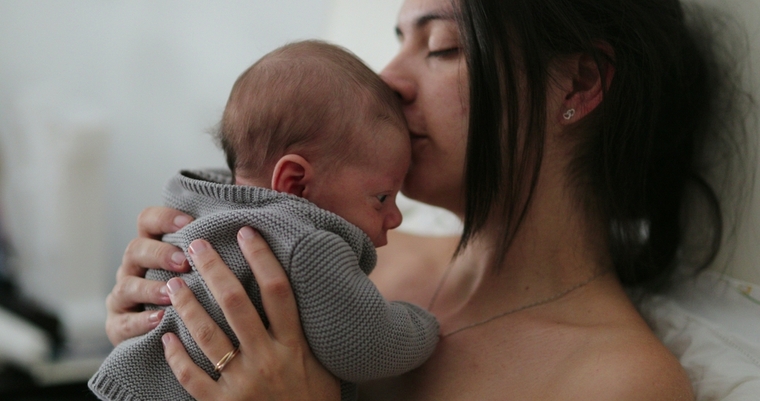Posted By: Amy Tubb
11th September 2025
4 minute read

The latest Confidential Enquiries into Maternal Deaths and Morbidity (2021-23) report, released today by MBRRACE-UK, paints a deeply concerning picture:
'Saving Lives, Improving Mothers' Care 2025' also highlights stark and persistent inequities. Almost all women who died from psychiatric causes were living with some form of serious disadvantage, from poverty and unstable housing to childhood trauma or involvement with the criminal justice and social care systems.
Overall, women living in the most deprived areas of the UK continue to experience the highest rates of maternal mortality. Black women remain more than twice as likely to die as white women, while women from Asian and mixed ethnic backgrounds also face slightly higher risks.
However, these figures are likely underestimates due to poor data collection, lack of disclosure when it comes to abuse, and large gaps in the recording of social risk factors.
The report is clear that improvements in care could have made a difference for many of the women who died by suicide or due to other psychiatric causes. Assessors concluded that:
Many women who died from suicide or substance use had experienced a loss, with over 50% having had their child taken into care. Many of these women were not seen by a specialist perinatal mental health team.
This year’s report highlights gaps in perinatal mental health support, particularly where women and birthing people do not meet thresholds for specialist teams. Too often, this can lead to no follow-up, no risk assessment, and families falling through the cracks.
These gaps in care need to be urgently addressed, and specialist teams must be given the resources they need so that all women and birthing people experiencing complex and severe mental health problems can access the right care at the right time.
Additionally, the report emphasises the importance of integrating psychological care more effectively into maternity pathways. Responsibility for improving mental health care must sit across the system to prevent escalation and provide care for everyone who needs it. All midwives, obstetricians, nurses, GPs, health visitors, crisis teams, emergency services, addiction teams, and children’s social care need to feel confident and be well-trained so they can play their role in providing trauma-informed, mental health support that families need.
The report calls for important changes to improve care and address gaps in the system:
This year’s MBRRACE report is a stark reminder that perinatal mental health remains central to maternity safety. Preventing maternal deaths requires action across the system, from ensuring every professional who encounters a pregnant or postnatal individual is confident in recognising and responding to their mental health needs, to tackling poverty, domestic abuse, and racial inequities.
As the leading cause of late maternal death, perinatal mental illness must be front and centre in maternity care. The current maternity and neonatal investigation is an opportunity for change, but only if mental health is given the same consideration as physical health. An action plan and adequate resources are needed to create a system of truly holistic care.
With the right support, recovery is possible, and no woman or birthing person should be left to fall through the gaps of inadequate perinatal mental health care.
"Every number in this report represents a woman or birthing person who deserved to live. Each life lost is a devastating reminder of a system that failed to meet people with the care, compassion, and urgency they needed.
"At the Maternal Mental Health Alliance, we hold every one of these lives in our hearts as we continue to fight for mental and physical health to be treated with equal importance throughout the perinatal period. This is not a matter of preference; it is a matter of human rights.
"We call on this country’s decision-makers to act with urgency and accountability. Those who are most marginalised and most in need must be guaranteed safe, equitable, dignified, and compassionate care. Anything less is unacceptable."
Read the full report